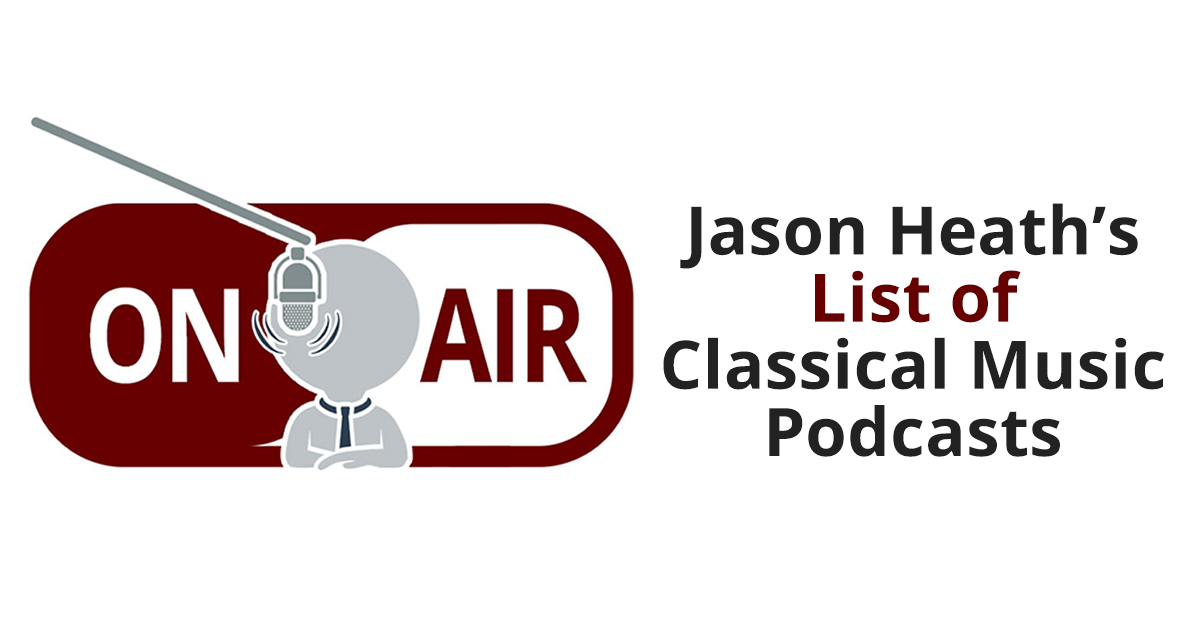In the not too distant past, the Cold War superpowers competed on a number of fronts, including cultural accomplishments. Although classical music functioned in a unique role as a sort of “universal language” spoken by musicians who served as ad hoc ambassadors, both superpowers wanted their ambassador musicians to speak the language a little better than other side.
We can thank that cold war mentality for contributing to the birth of the National Endowment for the Arts. Their official timeline states that on 9/29/69 the NEA was established as “a new public agency dedicated to strengthening the artistic life of this country”.
The NEA’s charter goes on to state,
” it is necessary and appropriate for the Federal Government to help create and sustain not only a climate encouraging freedom of thought, imagination, and inquiry, but also the material conditions facilitating the release of this creative talent.”
Sounds like good old Cold War era language to me; not that that’s a bad thing in and of itself mind you, because it isn’t. Nevertheless, it’s apparent that the U.S. wanted to ensure its cultural development moved along in step with bipartisan political ideology.
The NEA’s funding grew at a consistent pace through the early 1990’s until Americans began to get testy over what “did” or “didn’t” constitute art. The heady days of promoting cultural growth simply because it’s an inherently good thing to do was as dead as Stalin.
Since then, classical music has continued to not only slide out of the American cultural consciousness, but he Federal consciousness too. With the “evil empire” dispatched, it seems that encouraging freedom of thought, imagination, and inquiry aren’t as much of a priority as before.
However, with the continued development of some recent world events, all of that may change.
It appears that China, the emerging world superpower, is taking a strong liking to traditional Western classical music. A recent article appearing in the Knight Ridder newspaper by Tim Johnson reports that orchestras, conservatories, and the number of children enrolled in private lessons throughout China has grown exponentially over the past decade.
Driven by the inherent competitive nature of Chinese society and the receding restrictions once espoused by The Cultural Revolution, China is now embracing Western classical music while simultaneously adding its own unique voice.
Mr. Johnson’s article claims that tens of millions of Chinese children study piano, violin, and other traditional classical music instruments.
Another recent article, this time written by Laura Peek and appearing in the U.K. paper The Times, chronicles the arrival of the China Philharmonic Orchestra, the leading Chinese orchestra, in London. Ms. Peek paints a similar picture of China’s burgeoning classical music scene.
One of the biggest kicks is toward the end of the article where Ms. Peek maintains that “there are also more than 30 full-time professional symphony orchestras in China, more than in the [United States]” (hmmm, that figure seems a bit lower than the 350 professional orchestras the ASOL claims exist in the U.S.).
It’s never been a secret that politicians have been motivated to increase the NEA’s budget more by political reasons rather than by a solid philosophical support for the arts. The more outside pressure to match pace with the competing superpower existed, the more money went into the programs.
I wonder how much competitive cultural pressure the world’s emerging superpower will need to exert before our politicians begin to reassess how “necessary and appropriate it is for the Federal Government to help create and sustain not only a climate encouraging freedom of thought, imagination, and inquiry, but also the material conditions facilitating the release of this creative talent”?
Postscript: On a personal note, I’m thrilled to see the articles by Ms. Peek and Mr. Johnson gain some national attention. They help by hammering another nail into the coffin of one of the worst excuses I’ve ever heard of to explain why classical music has fallen out of the American cultural consciousness: “Changing immigration patterns, with millions now coming here from non-Western countries which may or may not have a tradition of orchestral music.”
I called it A Bunch Of Racist Nonsense back in October of last year and I still mean it.


